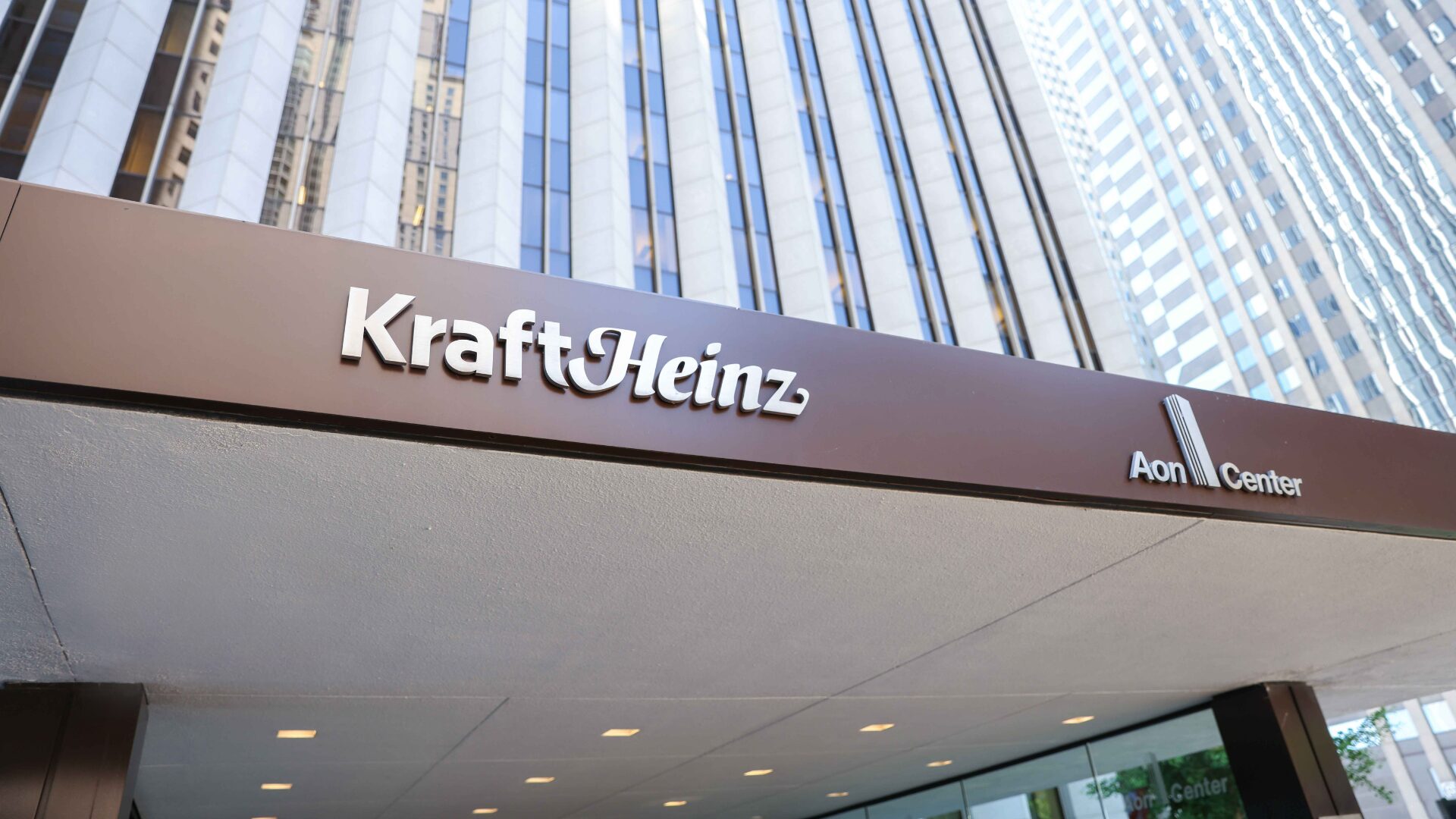Today’s consumer is interested in far more than just taste when it comes to the food they purchase. The values and the mission of the brands they buy from need to align with consumers’ beliefs.
Companies can claim they care about the environment, but people want proof, and certifications and badges that prove they’re putting their money where their mouth is are becoming more popular among food manufacturers.
The Quest for Certified Sustainability
Food manufacturers far and wide are seeking environmentally conscious certifications and badges. Justin’s, for example, recently announced the launch of a new pollinator-friendly badge that will be prominently displayed on its packaging. The maker of healthier-for-you spreads is also using a digital campaign to showcase the role that pollinators play in the food system, which can be seen here.
“We hope that by continuing to create awareness about the important role of pollinators in our food system, we can collectively help protect our buzzy little buddies,” Justin’s executive Penny Andino, noted in a press release. “Pollinators are an essential part of the ingredients we use in our products and our food system overall.
“Now with the introduction of our new pollinator-friendly badge, consumers can also identify that Justin’s supports pollinator protection year-round.”
Daily Harvest, meanwhile, is a company that pursues these types of certifications because, according to Ricky Silver, CEO, it demonstrates the company’s commitment to maintaining high standards and consumer trust. Another example is Santa Cruz Fungi, an organic popsicle company, which is currently in the process of obtaining its USDA certified organic seal.
Christian Dedzo, West Africa Program Director for Partners in Food Solutions, told The Food Institute that having internationally recognized food safety and quality certifications brings many benefits to food processors.
Seal of Approval
According to Santa Cruz Fungi CEO Katie Sarna, such seals are important because they help gain customer trust.
“Certifications and badges, like the USDA organic seal, play a crucial role in reassuring consumers about the quality and integrity of the products they’re purchasing,” Sarna told FI.
Jamil Bouchareb, CEO of Restaurantware, feels sustainability certifications and badges are incredibly beneficial for food manufacturers because they serve as a clear indicator of a company’s commitment to environmental and social responsibility, which is increasingly important to consumers.
“By showcasing these achievements, manufacturers not only differentiate themselves in a competitive market but also align with broader sustainability goals, fostering a positive brand image,” Bouchareb said.
Badges like HALAL or KOSHER also provide consumers the assurance that the product meets certain various standards.
“It gives the consumer extra confidence in the quality of products and can help companies access export markets. In addition, the work done to achieve these certifications can significantly improve the operations of a food processor,” Dedzo said.
According to the Innova Trends Survey 2023, nearly 40% of U.S. and European consumers say that the health of the planet concerns them.
“Certifications like organic are becoming more foundational for consumers as they make purchasing decisions,” Silver said. “These seals or badges are becoming a literal symbol of confidence to help guide what they buy. In many instances, they can differentiate items in a crowded category, and in that sense, can certainly help lift sales.”
“International certifications also help producers break trade barriers and penetrate profitable export markets.”
Certifications can often drive long-term growth, too.
“Given the rise in conscious consumerism, it’s logical to assume that brands targeting these shoppers will see a positive impact on sales,” Bouchareb said. “Furthermore, these certifications can open up new market opportunities, including partnerships with retailers and other businesses prioritizing sustainability.”
The Food Institute Podcast’s “Foodservice Gamechangers” Series
Get to know the men and women behind the scenes of foodservice distribution in a new, limited series from The Food Institute Podcast called “Foodservice Gamechangers.” Recently, Pat Mulhern, advisor to The Food Institute, sat down for brief conversations with seven of the most influential foodservice merchandising and distribution leaders. Highlighting their food career journeys and management styles, the conversations feature insightful thoughts on what may lie ahead for manufacturers, distributors, and operators in foodservice.











